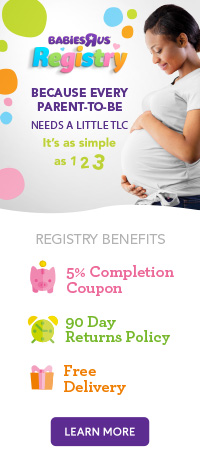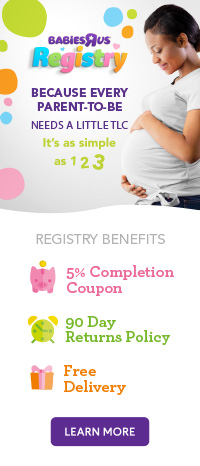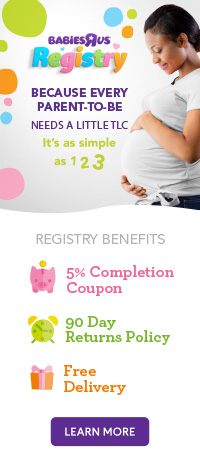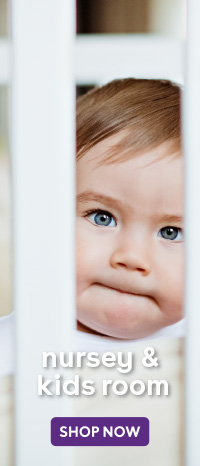
Top Tips to Manage Toddler Behaviour
Most approaches to discipline look at how to manage the behaviours and often involve shouting, punishment and a lot of repetition. If you are trying to extinguish a negative behaviour then those are the options you could look at.
There are three tips that I believe are much more effective when it comes to managing behaviour while still ensuring that a robust little character can thrive. I call them positive boundaries.
- Go below the ice-berg – Identify the emotion or intent behind the behaviour and recognize your little one’s sensory personality. Sometimes a behaviour is due to tiredness, a sensitive little one or hunger. Use words to show your child how he is feeling or why he is behaving in a certain way. This becomes a life skill that he can use to identify his emotions before reacting next time. (see A below)
- Health & Safety – Draw firm boundaries when there are issues that may harm your child (wearing arm bands), harm another (biting) or harm property (drawing on the car with a stone). Pick your battles because you are fighting every ‘cause’ you will fatigue and start to be inconsistent. Wearing PJ’s to school is not a health and safety issue – let it go. (see B below).
- ABC – When you know you need to respond to a behaviour, use the ABC approach:
Acknowledge – “I know you want the red truck” / “I think you are hungry.” These statements help your LO to feel acknowledged and understood
Boundary – “But we do not bite our friends” / “We cannot have a sweet before dinner” – Be firm on the health and safety issues
Choice – “You can wait your turn or find another toy for Johnny” / “You can have some water or play outside until supper time” – Give your toddler options to control
There may still be place for time out and tantrums do need a different approach altogether but starting with these three points, you will start to win your toddler over.

Megan Faure (OTR) www.megfaure.com
Meg is an Occupational Therapist with a special interest in babies and toddlers - specifically irritable infants; sleep problems, emotional engagement difficulties and fussy feeding. Meg is the co-author of Baby Sense and the Sense-series books. Her clinical practise is in Cape Town and she consults and speaks internationally too.























